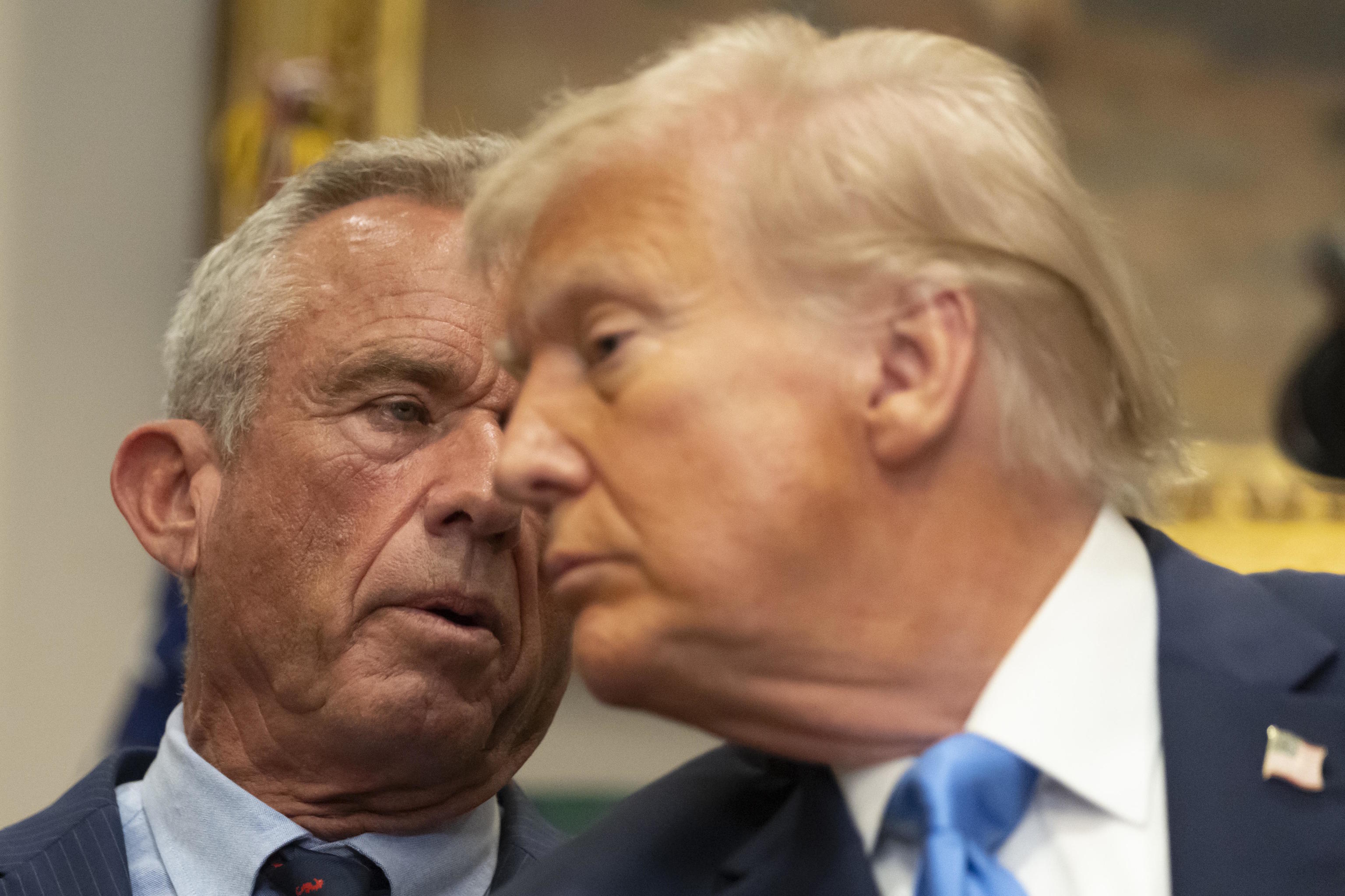The U.S. President, Donald Trump, stated that there are rumors that in Cuba "virtually there is no autism" because they don't have the money to consume Tylenol (the most popular brand of paracetamol), in an effort to prove his Administration's decision to link the consumption of this compound with autism.
"There is a rumor, which I don't know if it's true or not, that in Cuba they don't have Tylenol (paracetamol) because they don't have the money for it and virtually they don't have autism. And there are other parts of the world that don't have Tylenol and don't have autism. That already says a lot," explained the U.S. President in a speech on Monday.
Trump announced that his Administration will recommend limiting the consumption of paracetamol in pregnant women to the maximum due to the alleged link with the increase in autism incidence in the country: "do not consume it!" he asserted.
The U.S. Food and Drug Administration (FDA) will change the warnings on paracetamol nationwide to alert about a supposed risk of autism from its consumption, despite there being no clear evidence linking this medication commonly used over-the-counter for pain or common fever.
"Consuming Tylenol during pregnancy may be associated with a higher risk of autism. So Tylenol is not good, and it's not good for this reason, we are strongly recommending that women limit the use of Tylenol during pregnancy unless medically necessary," insisted Trump, who appeared alongside his Health Secretary, Robert F. Kennedy Jr., a vaccine skeptic.
The U.S. President also suggested on Monday that it would be better to administer vaccines to children in four or five stages and not all at once in a single visit, when announcing measures from his Administration to reduce the incidence of autism, despite the correlation with vaccines not being proven.
"You have a small child, a fragile child, and they put a container with 80 different vaccines, I suppose, 80 different mixes, and they inject it," stated Trump.
During an announcement of measures to reduce the incidence of autism in the country, the President explained that "instead of a single visit where they give everything to the baby, it would be better to do it in four or five stages." "It's clear that if you separate them, there's no problem," the President indicated.
"The ideal situation would be for a woman not to take Tylenol (paracetamol) and not so many vaccines. It would be better," added the President.
Additionally, he directly referred to the quadruple MMRV vaccine - against measles, mumps, rubella, and varicella - which a U.S. advisory committee agreed to restrict to children under four years due to a low risk of febrile seizure.
"It seems that when they are mixed, there may be a problem, so there is no disadvantage in giving them separately. In fact, they think it's better, so leave them separated," Trump declared.
"When they are mixed, apparently something happens," he insisted without providing details or citing specific studies.
In the same line, he referred to the hepatitis B vaccine, whose recommendation, to be given by the same committee, was postponed without a date.
"Hepatitis B is transmitted sexually. There is no reason to give hepatitis B to a newborn baby. I would wait until the child is 12 years old and developed before administering the hepatitis B vaccine," he said.
The hepatitis B virus is transmitted through infected fluids, such as blood or semen. Therefore, it is not solely transmitted sexually.
Currently, the committee has not made a decision on this vaccine.
The latest recommendations from that group, which advises on immunology to the Centers for Disease Control and Prevention (CDC), have been issued by an entirely new group of people.
Kennedy, a well-known anti-vaccine advocate, dismissed all members of that commission in June citing concerns about "conflicts of interest" and replaced them with new members, many of whom are known for their criticisms of mandatory vaccination programs.
The former director of the CDC, Susan Monarez, also dismissed, warned in the Senate that the Secretary told her that he spoke with the President, Donald Trump, "daily about changing the childhood vaccination schedule" starting in September.
The vast majority of the scientific community denies that there is sufficient evidence to establish a relationship between paracetamol and autism. However, there are some studies that do point to it.
During Trump's announcement, the American College of Obstetricians and Gynecologists issued a statement stating that paracetamol is safe and that the diseases treated during pregnancy "are much more dangerous than any theoretical risk and can cause serious health problems," as written by Dr. Steven J. Fleischman, president of the organization.
On the other hand, the Autism Science Foundation denies that the existing evidence demonstrates this link.
However, some studies have found a link. One published in August by the Icahn School of Medicine at Mount Sinai stated that prenatal exposure to paracetamol may increase the risk of neurodevelopmental disorders, such as autism spectrum disorder and attention deficit hyperactivity disorder (ADHD) in children.
